Whether there’s science to support it or not, more and more consumers are trying out cannabis-derived products to boost their health and wellness. But does this translate to healthier habits? In some cases, the answer is yes, according to a new report published by High Yield Insights.
Cannabidiol (CBD), one of the most well-known non-psychoactive components of cannabis, is famous for its alleged health benefits, from relieving pain to managing anxiety. Given its rising popularity among consumers, scientists and innovators are racing to understand how CBD usage affects human health and behaviors.
High Yield Insights co-founders Mike Luce and Eric Giandelone wanted to understand why people consume CBD products and what effect this might have on alcohol and prescription drug usage.
Based on survey responses collected from 2,000 participants in January 2019, analysts at High Yield Insights found that over 60 percent used CBD products to treat anxiety, the most common mental illness in the US. What’s more, about half of participants who were using prescription anti-anxiety medications reported using them less once they adopted CBD. This could be a good sign, considering medication nonadherence is common for anti-anxiety medications and some drugs have high abuse potential.
The treatment of chronic pain is another popular reason for why participants used CBD products. This also had an effect on prescription drug use; nearly 60 percent of participants who used pain relief medication reported using less of it once they started using CBD. According to the report, this pattern may “speak out to the desire for alternative therapies,” as both consumers and physicians attempt to steer clear of addictive opioids.
What about effects on alcohol consumption? The greatest reduction was seen in wine drinking among participants who consumed CBD products, possibly because the physical and mental effects of CBD mimic that of wine. However, the report also states that consumers do not view CBD as a healthier alternative to alcohol.
What consumers do want, however, is more CBD-infused beverages — and beverage companies are at-the-ready.
“It’s not surprising to see alcohol brands investing in the Canadian cannabis industry and the domestic CBD marketplace given the potential for growth or at least capturing substitution dollars in markets that are going to be most affected,” said Luce in a statement.
The increasing popularity of cannabis-derived products is partly driven by growing tolerance and legal acceptance of medical marijuana, and now, CBD oil. This trend has, and will continue, to shape many industries.
The scientific community has shown greater interest in understanding the biological effects of CBD and THC to not only dispel bogus health claims but to evaluate its therapeutic potential. At the same time, regulatory authorities must rigorously evaluate CBD products in development and watch out for potentially harmful products. In addition to CBD-infused drinks, some food and beverage companies are exploring CBD-infused ice cream and coffees.
Is cannabis here to stay or are consumers high on the hype? According to the High Yield Insights report, a majority of participants believe in the power of CBD.
“Current users overwhelmingly believe in the power of CBD,” said Luce. “Over 80 percent of our study participants have faith in CBD’s ability to improve overall wellness, including a myriad of physical and mental health conditions.”
When asked how confident they are in the safety of CBD products, only 34 percent report feeling confident. In a report conducted by Culinary Visions, less than half of survey respondents said they would trust the safety of cannabis cultivation for commercial purposes. Clearly, consumers are still waiting for validation that the cannabis-derived products they use are safe and effective.
The High Yield Insights report sheds some light on the shifting attitudes towards cannabis product usage, but many questions remain unanswered.


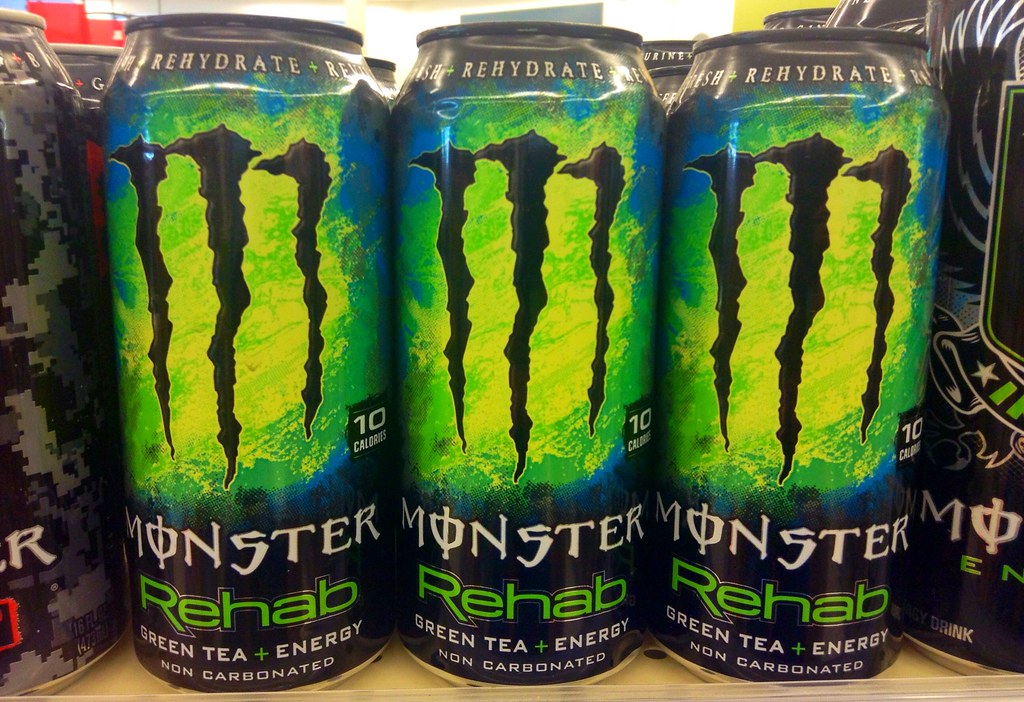
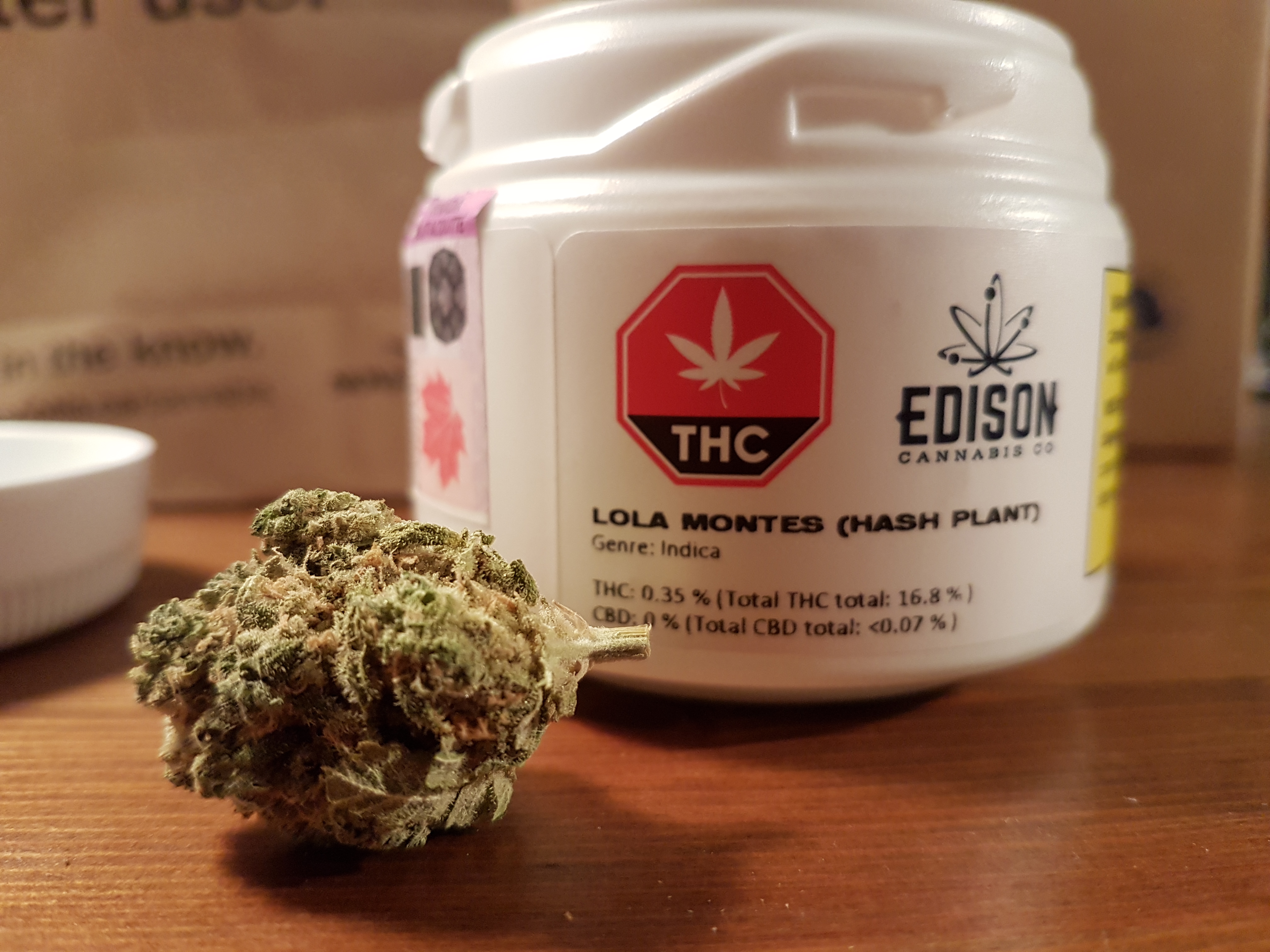
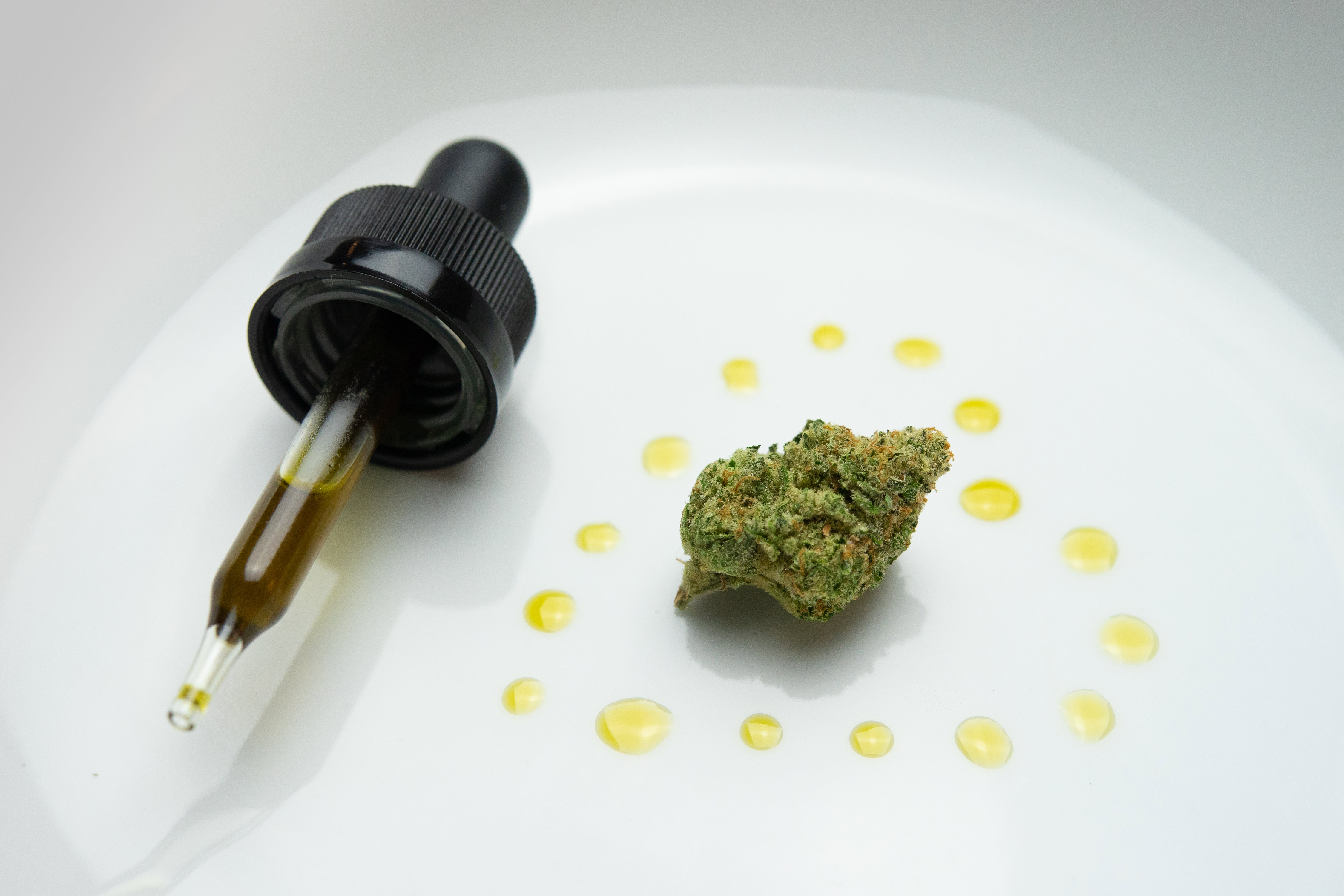
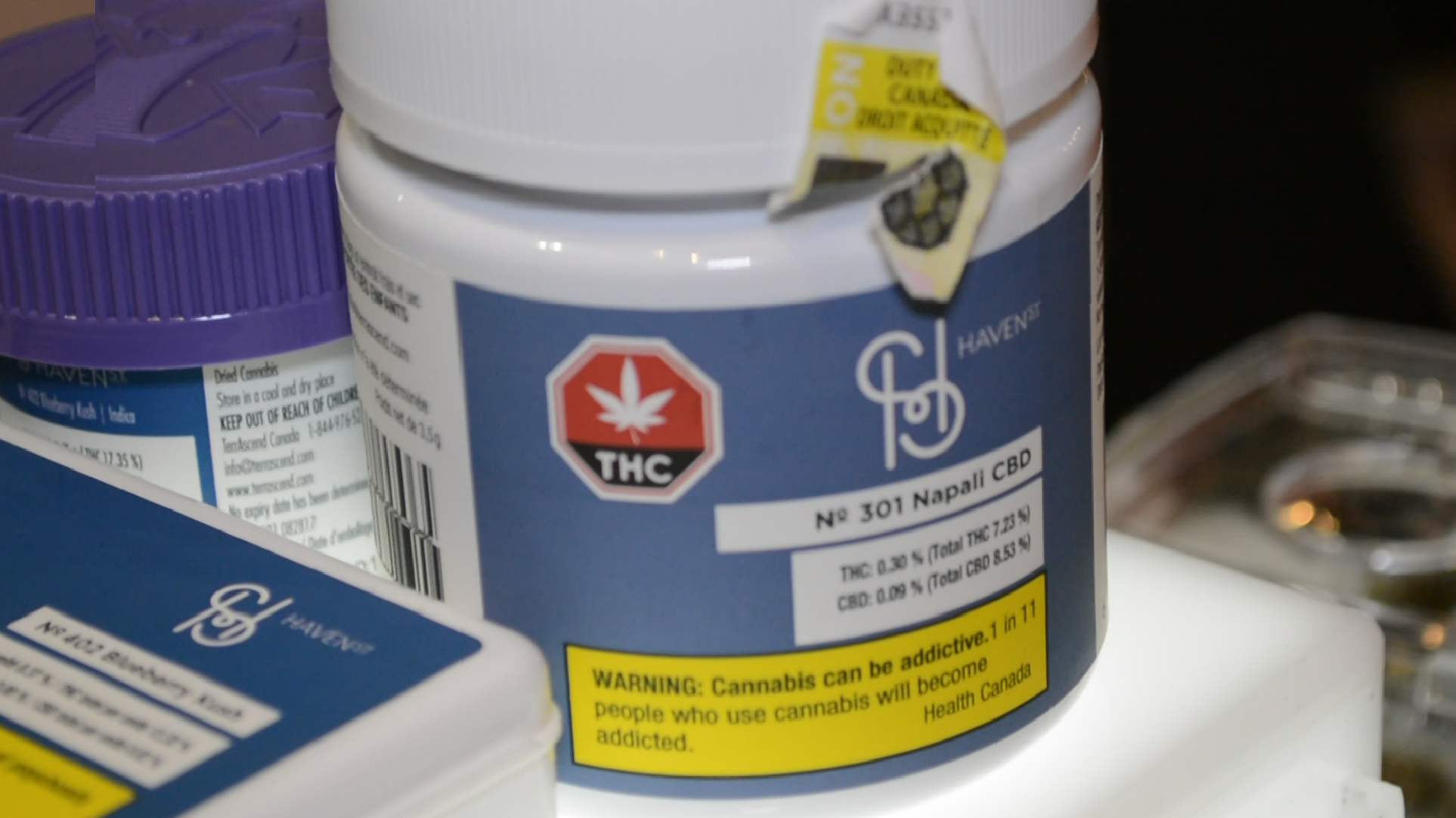





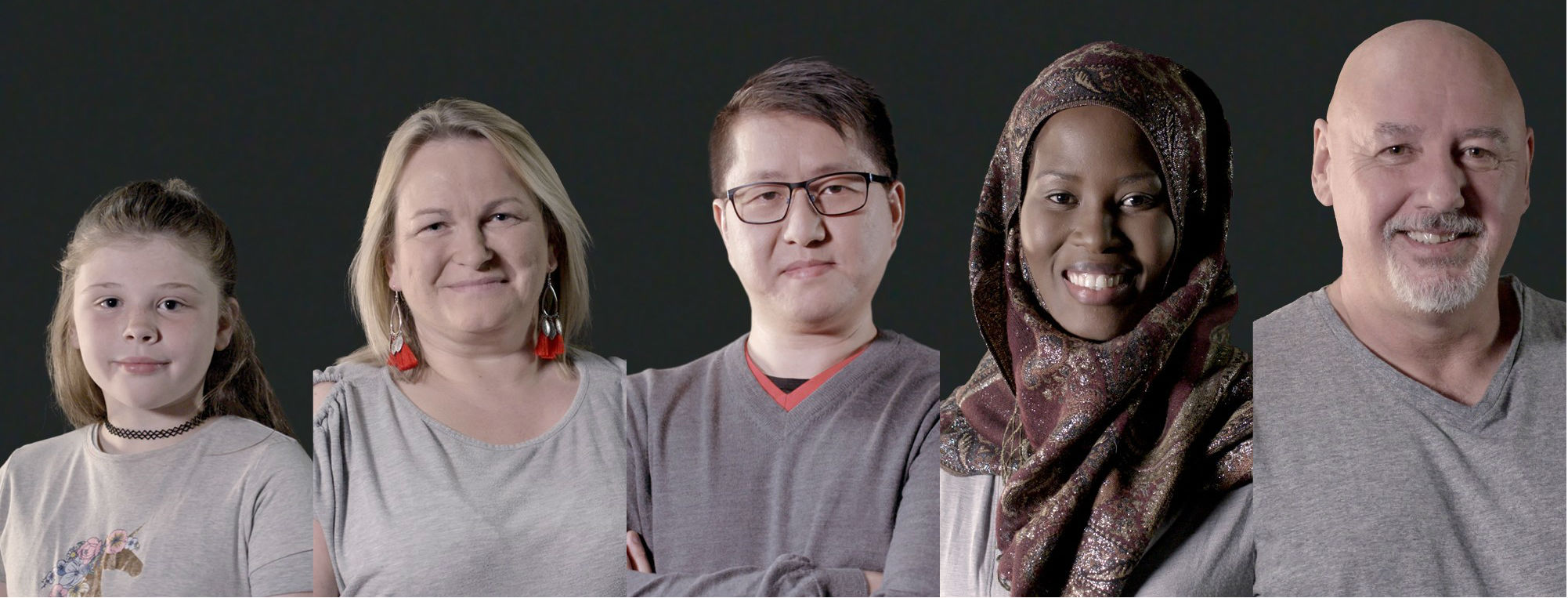
Join or login to leave a comment
JOIN LOGIN